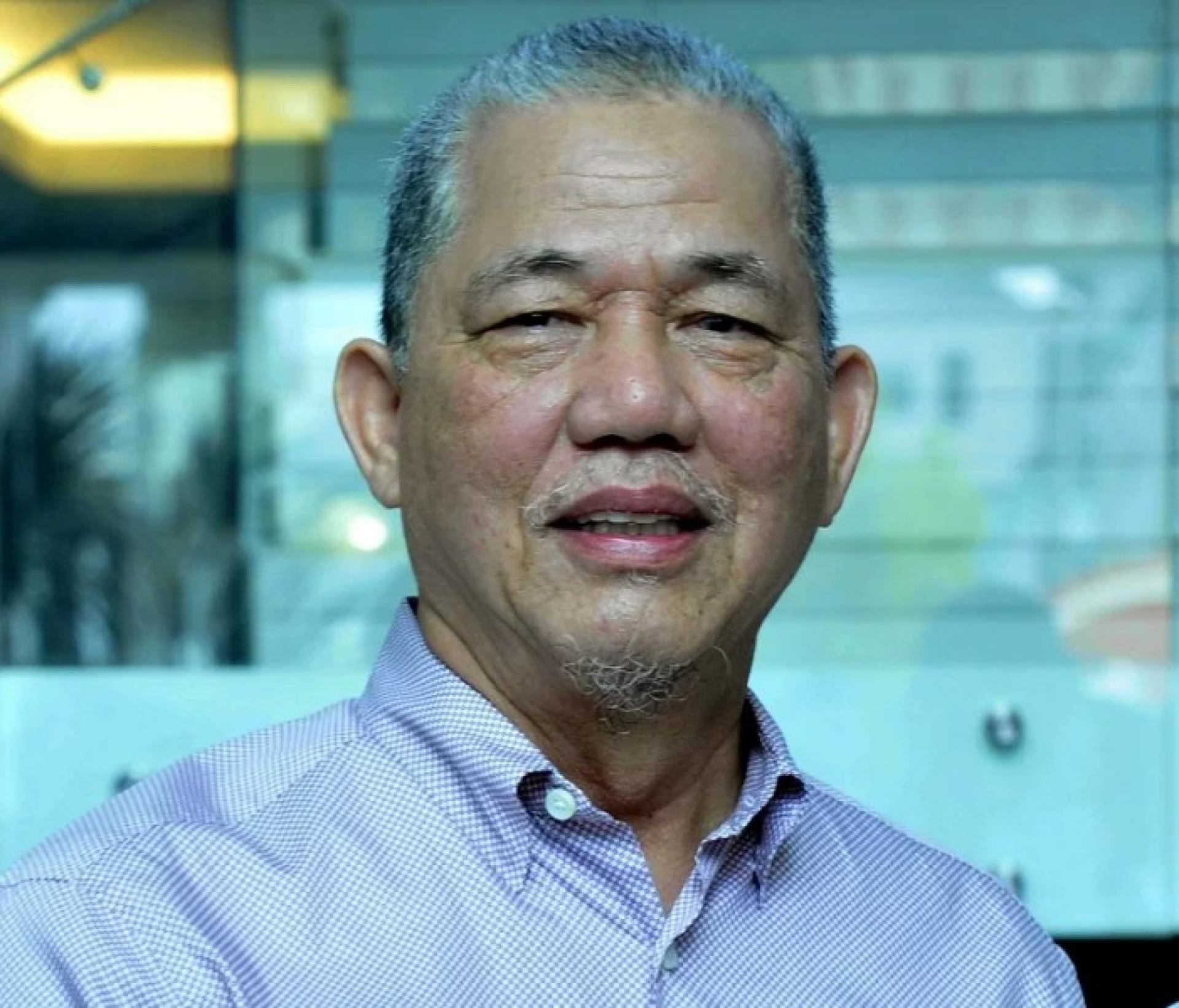KUCHING,4 August: Sarawak does not need to explore nuclear energy as nearly 70 percent of its power supply comes from hydropower, says Deputy Prime Minister Datuk Seri Fadillah Yusof.
The Minister of Energy Transition and Water Transformation (Petra) said ongoing studies on nuclear energy are currently focused on West Malaysia and Sabah, which still rely on non-renewable sources such as coal, gas, and diesel.
“For now, no final decision has been made. A comprehensive study is being conducted by MyPOWER Corporation, which serves as the Nuclear Energy Programme Implementing Organisation (NEPIO).
“This includes evaluating suitable technologies, safety, environmental impact, financing capability, and public acceptance,” he said when met by reporters after officiating at the MUSCS Pickleball Arena Petra Jaya (MPA) here today (Aug 3).
He said nuclear energy would only be considered as part of the country’s long-term energy mix if all key requirements are met and there is support from the public.
“In the long run, we need to ensure that the nation’s energy supply remains secure, clean, and affordable. That’s why nuclear is among the options being thoroughly explored.
“However, a decision will only be made after all requirements are met, including public engagement. If the public agrees, then implementation can move forward,” he added.
On the site requirements for a nuclear facility, Fadillah explained that it must be located near a river, sea, or large lake to support its cooling system.
“That’s why proximity to water sources is very important, as reactors generate steam and require cooling. If located on an island with access to the sea, it would be more suitable.
“We are also studying small and medium-sized reactor technologies, which don’t require as large a site as conventional reactors,” he said.
He added that Malaysia is monitoring nuclear policy developments in neighbouring countries such as Thailand, Singapore, Indonesia, the Philippines, and Vietnam, which are also exploring nuclear energy as part of their future energy mix.
“We are conducting a thorough study, including visits abroad. I’ve been to Russia and France, and next we will visit Korea, Japan, China, and the United States to assess the most suitable, safe, and cost-effective technologies for Malaysia,” he added.
“For now, no final decision has been made. A comprehensive study is being conducted by MyPOWER Corporation, which serves as the Nuclear Energy Programme Implementing Organisation (NEPIO).
“This includes evaluating suitable technologies, safety, environmental impact, financing capability, and public acceptance,” he said when met by reporters after officiating at the MUSCS Pickleball Arena Petra Jaya (MPA) here today (Aug 3).
He said nuclear energy would only be considered as part of the country’s long-term energy mix if all key requirements are met and there is support from the public.
“In the long run, we need to ensure that the nation’s energy supply remains secure, clean, and affordable. That’s why nuclear is among the options being thoroughly explored.
“However, a decision will only be made after all requirements are met, including public engagement. If the public agrees, then implementation can move forward,” he added.
On the site requirements for a nuclear facility, Fadillah explained that it must be located near a river, sea, or large lake to support its cooling system.
“That’s why proximity to water sources is very important, as reactors generate steam and require cooling. If located on an island with access to the sea, it would be more suitable.
“We are also studying small and medium-sized reactor technologies, which don’t require as large a site as conventional reactors,” he said.
He added that Malaysia is monitoring nuclear policy developments in neighbouring countries such as Thailand, Singapore, Indonesia, the Philippines, and Vietnam, which are also exploring nuclear energy as part of their future energy mix.
“We are conducting a thorough study, including visits abroad. I’ve been to Russia and France, and next we will visit Korea, Japan, China, and the United States to assess the most suitable, safe, and cost-effective technologies for Malaysia,” he added.
